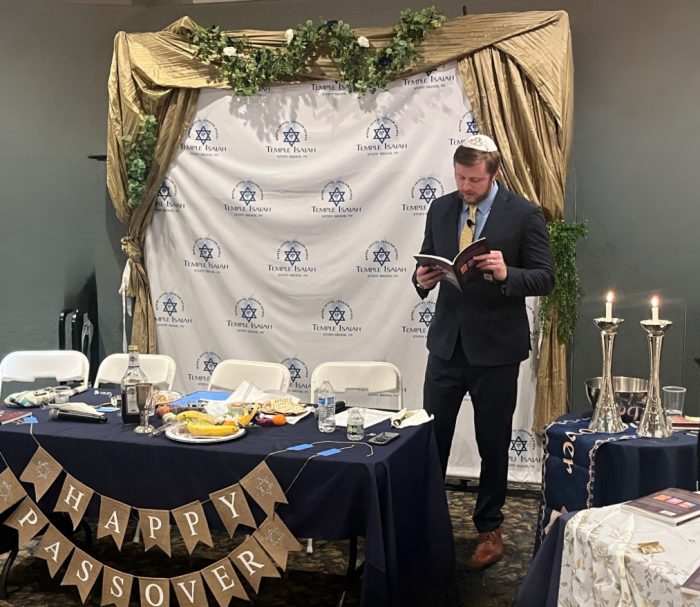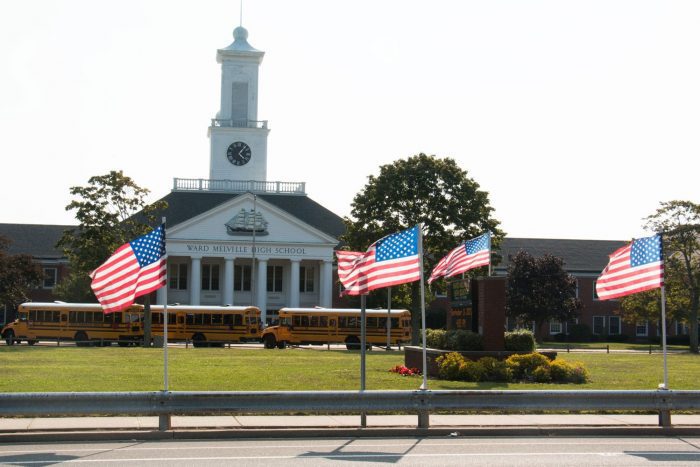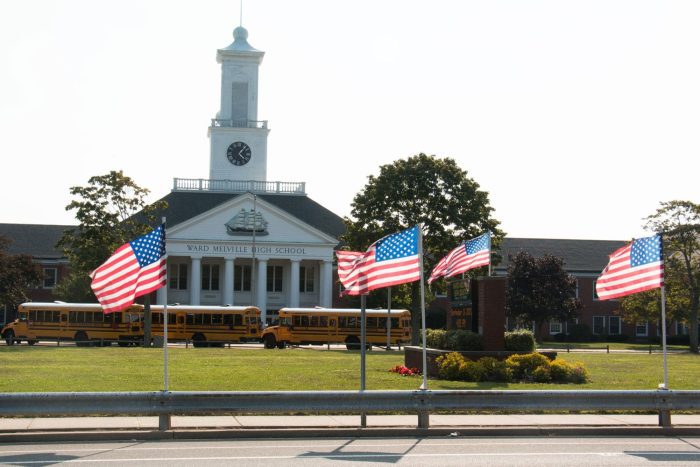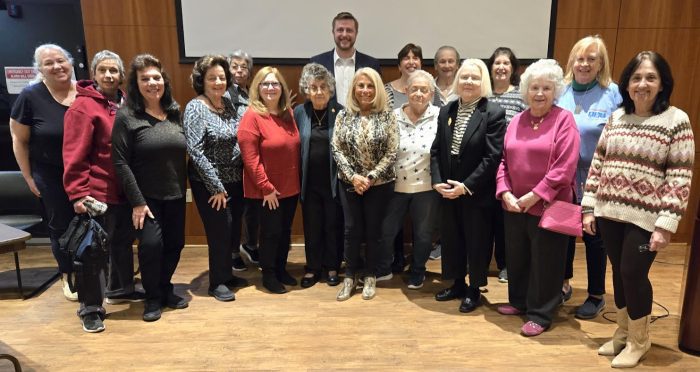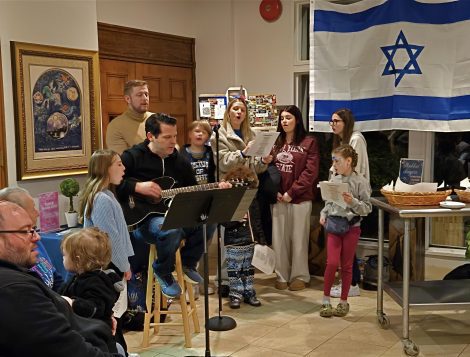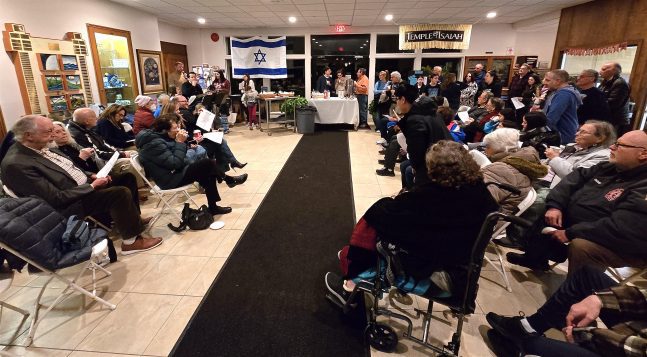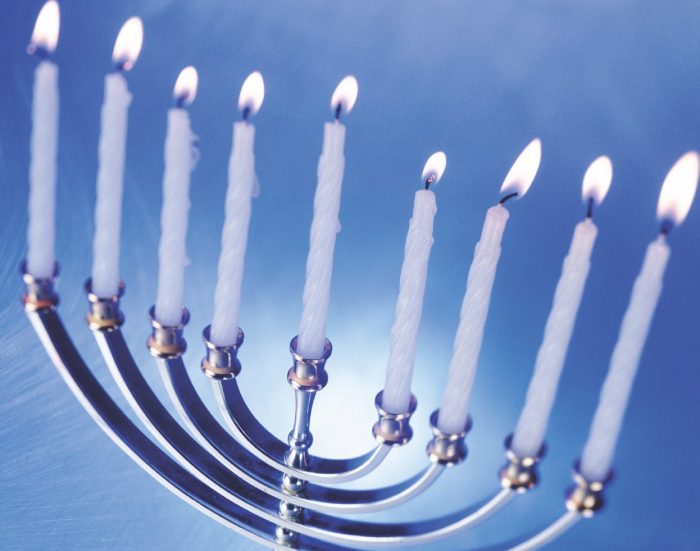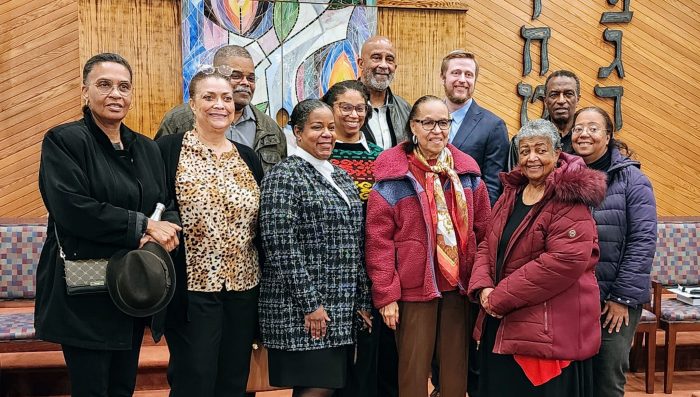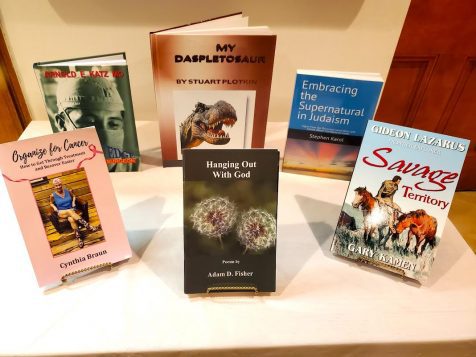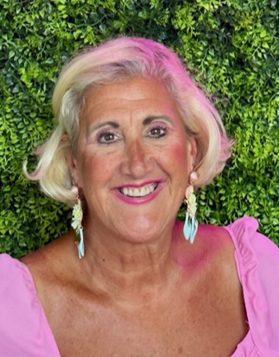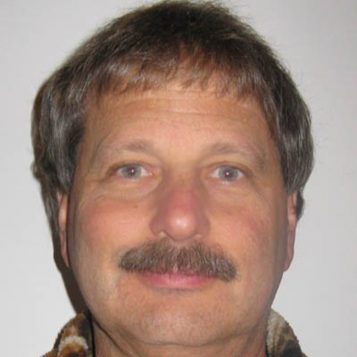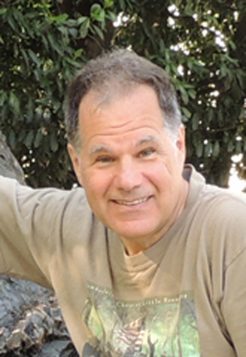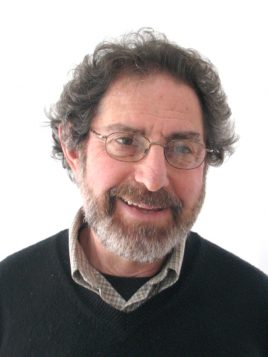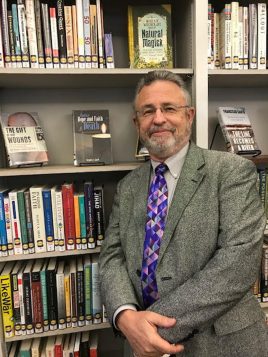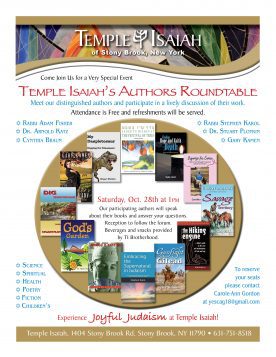By Rabbi Joshua Gray
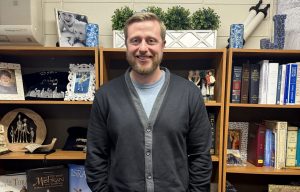
Nothing brings me back to my childhood, gathered around the kids’ table with my brothers and cousins, like the Hillel sandwich. This singular Passover concoction is a mixture of maror (horseradish) and charoset (a sweet apple and nut mixture), packed between two pieces of matzah, or unleavened bread. If your mouth is not immediately watering at the sound of this combination, I don’t think anyone would blame you. It is only after you try this Passover staple that you fully understand the strangely amazing symphony that is the bitter herb dueting with the sweet pieces of apple and wine. All of this occurs between the satisfying crunch of the matzah. I assure you this combination is one that you, and your tastebuds, will never forget.
Over 70 percent of Jewish people in the United States will attend a Passover, or Pesach, seder this year. The seder (meaning “order”) is a ritual meal, complete with storytelling, song and general togetherness. We use a special book called a Haggadah to tell the story of the Israelite Exodus from slavery in Egypt, our subsequent opportunity to live as a free people, and the constant desire to reach our promised land, either literally or proverbially. We are told to continue the tradition; to pass down this important story l’dor vador, from generation to generation. Children are an integral part of the ritual, and we all kvell (burst with pride) as our littlest seder-goers muddle through their designated songs and readings.
The aforementioned combination of bitter and sweet is no accident. The story of Passover and its rituals are a beautiful part of being Jewish. The message is also a universal one: with freedom comes the responsibility to work toward justice for all people. I always get a bit emotional during our seder when we recite the ten plagues of Egypt; the method by which the hard-hearted Pharaoh finally let the people of Israel go. It is tradition to remove a drop of wine from our cups as we recite aloud each plague. Why do we do this? On a macro level, we recognize that our cups of celebration are never completely full so long as others in the world suffer. The sweetness of freedom from bondage is fused with the bitterness that comes with the knowledge that there is still pain and unrest in our human community. We recognize that while we might be free, there are so many in our world who do not enjoy such self-determination. Individually, we might ask ourselves what could be holding us back from feeling entirely free. What might we be able to let go of that will allow us to live a more meaningful life?
One of the most important moments in our seder comes as we recite the line: “In every generation each individual is bound to regard themselves as if they had personally gone forth from Egypt.” Not only do we balance both bitterness and sweetness through the lens of Jewish memory, but we are specifically challenged to put ourselves in the place of those who have gone before us. We grow our empathy for the human family as we build this skill of compassionate curiosity.
While the goals of Passover are lofty and the rituals might feel a bit baroque, just remember the Hillel sandwich. We are nourished by the tastes from our past as we strive toward a future of justice for all people. On a baser level, Passover evokes memories via taste, smell, song and story. I wish all of you a “Chag Pesach Sameach,” a Happy Passover, and remember, you are always welcome at my table. Try the Hillel sandwich. Trust me.
The author is the Rabbi at Temple Isaiah in Stony Brook.

